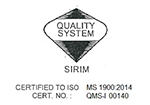GE15: Vote for Our Family Well-being
Are we moving towards an economic progress at the expense of social and family well-being? To answer this question, let us look at some figures. According to the United Nations, a country’s fertility rate should not be lower than 2.1 births per woman, which is the level required for populations with low mortality to have a zero growth rate in the long run.
A report recently released by the Department of Statistics Malaysia shows the number of live birth in our country recorded the biggest decline in a decade. The total fertility rate has further reduced to 1.7 babies in 2021 as compared to 1.8 babies per woman in the previous year.
The figures clearly indicate that the state of our families follows the trajectory of other developed nations i.e. fewer children and higher economic growth. Globally, the decline in fertility rates are prevalent among countries with high education levels and cost of living including childcare costs.
Is this the price we have to pay for an economic progress? Looking back at the First Malaysia Plan (1966 – 1970), the focus was on rapid economic development in order to raise income per capita. The transformation involved a target to reduce the birth rate and population growth to 2 per cent a year. Therefore the Family Planning Act was introduced and became a national law in 1966.
Fast forward to the present, the Twelve Malaysia Plan (2021 – 2025) outlines the goals to achieve the Malaysian Well-being Index (MyWI) growth target of 1.2 per cent per annum. As at 2020, MyWI shows a negative growth rate for family well-being and it is the only MyWI’s component with less than 100.0 index points in a decade. In contrast, the education component scored the highest for MyWI’s economic well-being indicator.
Our national and economic policies are formulated in line with the UN Sustainability Development Goals 2030. The main concern here is whether the education and implementation process can sustain our cultural value. As for now, there is a shift in traditional family value towards urban lifestyle prioritising the values of careers, financial security and personal freedom. The educated generation may also choose not to raise families as part of their collective effort to tackle climate change. Moreover, the human right movement of lesbian, gay, bisexual, transgender and queer (LGBTQ) or the health treatment of gender dysphoria may promote the life of same-sex families which distort the value of motherhood and childbearing function.
Does religious value helps in maintaining a family well-being? Based on the Islamic Index of Well-being 2021 for Muslim majority countries, Malaysia scored highly on the four component of Maqasid al-Shariah which are protection of faith, life, intellect and wealth. In fact, Malaysia ranked the highest for the maqsad of wealth, particularly on the Islamic finance development index. However, we scored poorly on the maqsad of family and was identified as a country more prone to divorce.
It is important to note that Malaysia has slipped down to sixth position in the Islamic Index of Wellbeing 2021 vis-à-vis the first position in 2013. Back then, we were recognised by the late scholar, Syeikh Yusuf al-Qaradawi, as a model for the Muslim world. We may have performed very well in most aspects of maqsad but we definitely need to improve our family well-being to achieve a holistic development.
With the upcoming general election, we play an important role to vote for the leaders who can deliver the national agenda effectively, efficiently and with high integrity. We have the talents to grow our economic progress but let it be in sync with social and family well-being agenda.
Let the women participation in the workplace comes with conducive environment for working mothers. Let the voice of women and communities be heard in national policies, not simply box-ticking to fulfil the women quota for gender diversity.
Let the religious authorities review and issue the fatwas with a clear vision for future generation. With delay in marriage and rise in cancer treatment that affects fertility, does the prohibition of gametes cryopreservation still relevant?
On top of that, let ensure our education system build citizens with strong character for future Malaysia. Be it in public, private or home schools, our objective is not merely understanding the curriculum. The hallmark of our quality education is recognised by the mastery of technological and economic skills and family leadership as well. Let us create a safe environment and caring communities for children to grow. We have a duty to fight the black markets for drugs, organ trafficking and children exploitation. They deserve happy playtime, not anxiety, depression or any mental disorders at their age. The least we can do is to vote for leaders who have the heart for a well-being action plan.




